All Courses
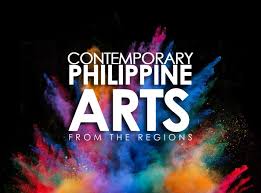
G12 Contemporary Philippine Arts from the Regions
The subject covers various contemporary arts practices of the region where the school is located. It aims to provide students with an
appreciation of a broad range of styles in the various disciplines with consideration on their elements and principles, and engage them to an integrative approach in studying
4 hours
1 steps
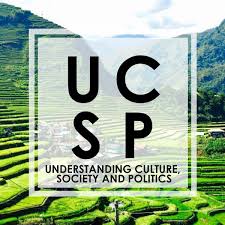
G12 - Understanding Culture, Society and Politics
This course uses insights from Anthropology, Political Science, and Sociology to develop students’ awareness of cultural, social and political dynamics, and sensitivity
to cultural diversity; provide them with an understanding of how culture, human agency, society and politics work; and engage them in the examination of the
country’s current human development goals. At the end of the course, students should acquire ideas about human cultures, human agency, society and politics;
recognize cultural relativism and social inclusiveness to overcome prejudices; and develop social and cultural competence to guide their interactions with groups,
communities, networks, and institutions.
Basic
2 hours 15 minutes
1 steps
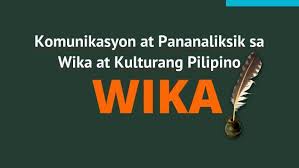
G11 - Komunikasyon at Pananaliksik sa Wika at Kulturang Pilipino
Deskripsyon ng Kurso: Pag-aaral tungo sa pananaliksik ukol sa kalikasan, katangian, pag-unlad, gamit at paggamit ng Wikang Filipino sa mga sitwasyong komunikatibo at
kultural sa lipunang Pilipino.
Pamantayang Pangnilalaman: Nauunawaan ang mga konsepto, elementong kultural, kasaysayan, at gamit ng wika sa lipunang Pilipino
Pamantayan sa Pagganap: Nakagagawa ng isang sanaysay batay sa isang panayam tungkol sa aspektong kultural o lingguwistiko ng napiling komunidad
Panitikang Kontemporaryo/Popular:Napapanahong sanaysay, talumpati, panitikang popular (awitin, komiks, iba’t ibang paraan ng komunikasyon sa social media)
Gramatika: Paggamit ng kasanayang komunikatibo (linggwistik, sosyolinggwistik,diskorsal at istratedyik)
0 steps
%20Introduction%20to%20World%20Religions%20and%20Belief%20Systems%20?unique=845e945)
G12 - (HUMSS) Introduction to World Religions and Belief Systems
The course explores the main tenets and practices of major world religions: Judaism, Christianity, Islam, Hinduism, Theravada Buddhism, Mahayana
Buddhism, Confucianism, Taoism and Shintoism. It aims to help learners understand the historical contexts of nine religions, appreciate their uniqueness and similarities and
promote mutual understanding among believers of different faiths. They are expected to demonstrate understanding and appreciation of one’s faith and that of others.
0 steps
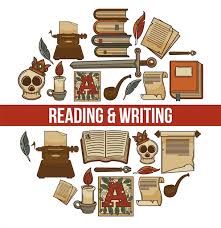
G11 Reading and Writing
Core Subject Description:
The development of reading and writing skills as applied to a wide range of materials other than poetry, fiction and drama
0 steps
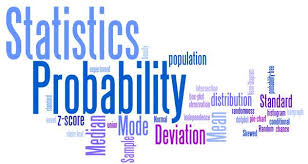
G11 Statistics and Probability
Core Subject Description:
At the end of the course, the students must know how to find the mean and variance of a random variable, to apply sampling techniques and
distributions, to estimate population mean and proportion, to perform hypothesis testing on population mean and proportion, and to perform correlation and regression
analyses on real-life problems.
0 steps
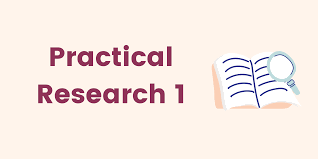
G11 Practical Research 1
Subject Description:
This course develops critical thinking and problem-solving skills through qualitative research.
0 steps
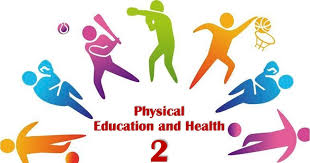
G11 Health Optimizing and Physical Education 2
Core Subject Description:
Physical Education and Health offers experiential learning for learners to adopt an active life for fitness and lifelong health. The knowledge, skills
and understanding which include physical and health literacy competencies support them in accessing, synthesizing and evaluating information; making informed decisions;
enhancing and advocating their own as well as others’ fitness and health.
This course is comprised of individual, dual and team sports in competitive and recreational settings.It consists of an array of offerings which learners can choose from
0 steps

G11 HUMSS Creative Writing
Subject Description:
The course aims to develop practical and creative skills in reading and writing; introduce students to the fundamental techniques of writing fiction,
poetry, and drama; and discuss the use of such techniques by well-known authors in a variety of genres. Each class will be devoted to the examination of techniques and to
the workshop of students’ drafts toward the enrichment of their manuscripts. Students learn how to combine inspiration and revision, and to develop a sense of form.
0 steps
%20Organization%20and%20Management?unique=db272c1)
G11 (ABM/GAS) Organization and Management
Description:
This course is designed to familiarize the students with the basic concepts, principles, and processes related to business organization, and the functional areas of
management. Particular emphasis will be given to the study of management functions like planning, organizing, leading, and controlling, and orient the students on the
importance of these functions and the role of each area in entrepreneurship.
0 steps
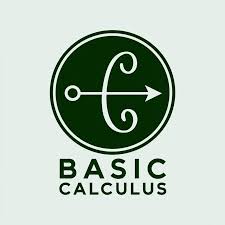
Basic Calculus
Subject Description:
At the end of the course, the students must know how to determine the limit of a function, differentiate, and integrate algebraic, exponential,
logarithmic, and trigonometric functions in one variable, and to formulate and solve problems involving continuity, extreme values, related rates,
population models, and areas of plane regions.
0 steps
%20Business%20Enterprise%20and%20Simulation%20?unique=1546d5e)
G12 (ABM) Business Enterprise and Simulation
Subject Description:
This course integrates all the key concepts and processes of Accounting, Business and Management (ABM) as applied in real-life activities following
the business cycle: business opportunity search, product/service development, business formation and organization, business implementation and control, business wind-up,
and relevant management reporting in the context of ethical standard and social responsibility. Technologies are used in a business enterprise as appropriate.
0 steps
%20System%20Analysis%20in%20Design%20and%20Prototyping?unique=7146675)
G12 (ICT) System Analysis in Design and Prototyping
COURSE DESCRIPTION:
Investigation of information systems with respect to their existence and
identification and development of needed informational improvements within an organization.
Recommended methods and procedures considering computer involvement are reviewed, designed and
implemented using the case-study approach
0 steps